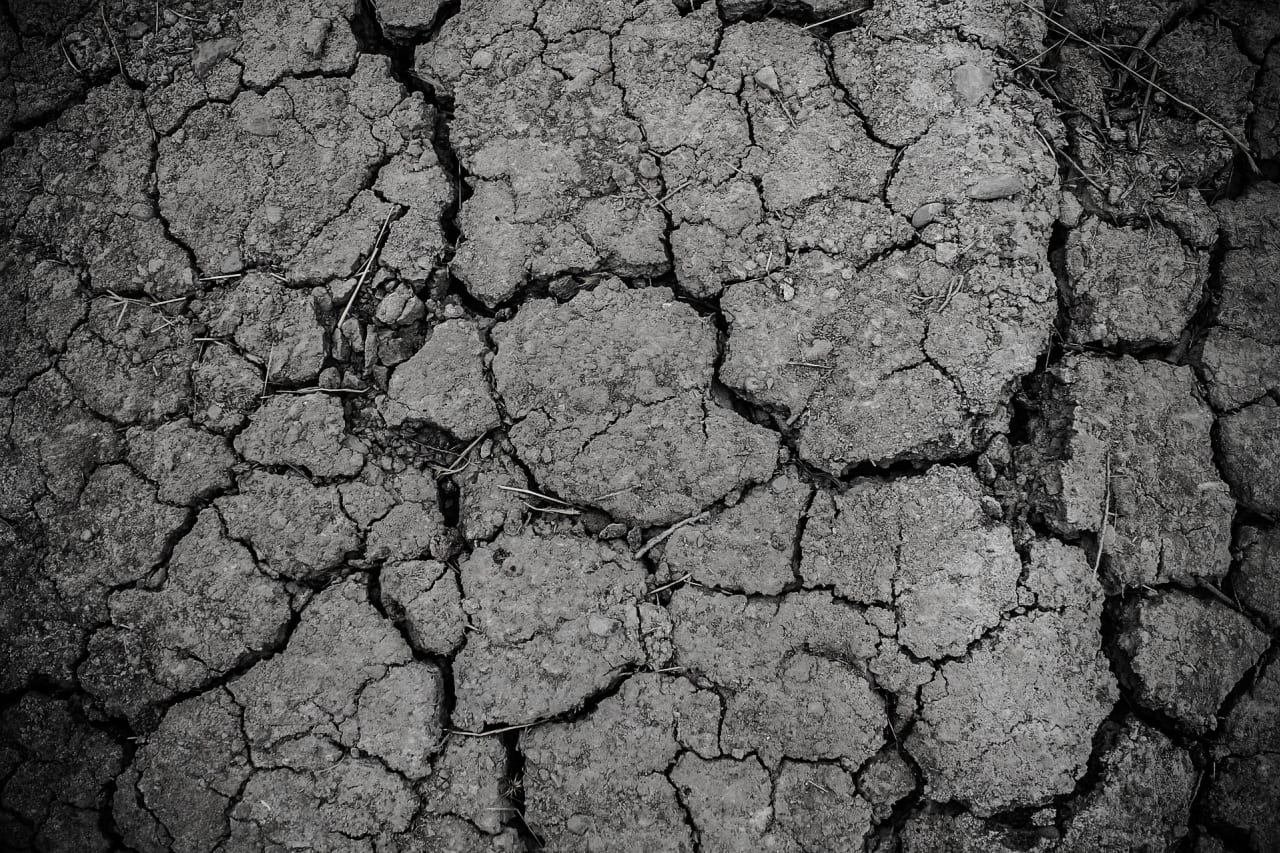There are several reasons the Pálinka Act of 2004 was enacted.
One was to enforce strict standards for this unique drink regarding the fruits used and the quality of the end product. High quality fruits require special soil to grow.
Hungary has special black soils, which have not only played a significant role in the country’s history but also in the making of pálinka. This special soil is fossil-rich and contains very high levels of humus and other elements, making it very fertile. Because it has a high storage capacity for moisture, it is capable of producing high agricultural yields, which includes fruit. This capacity for moisture retention is the direct result of marine deposits from the Pannonian Sea that used to cover most of Hungary.

The Pannonian Sea existed for millions of years and because of this, about 1/2 miles of marine sediment was deposited throughout the ages in the Pannonian Basin. This sediment makes the soil unusually nutrient-rich, thus enabling the development and growth of very high-quality and unique native varieties of fruit. These fruit varieties were discovered by local inhabitants hundreds of years ago and are still used for pálinka today.